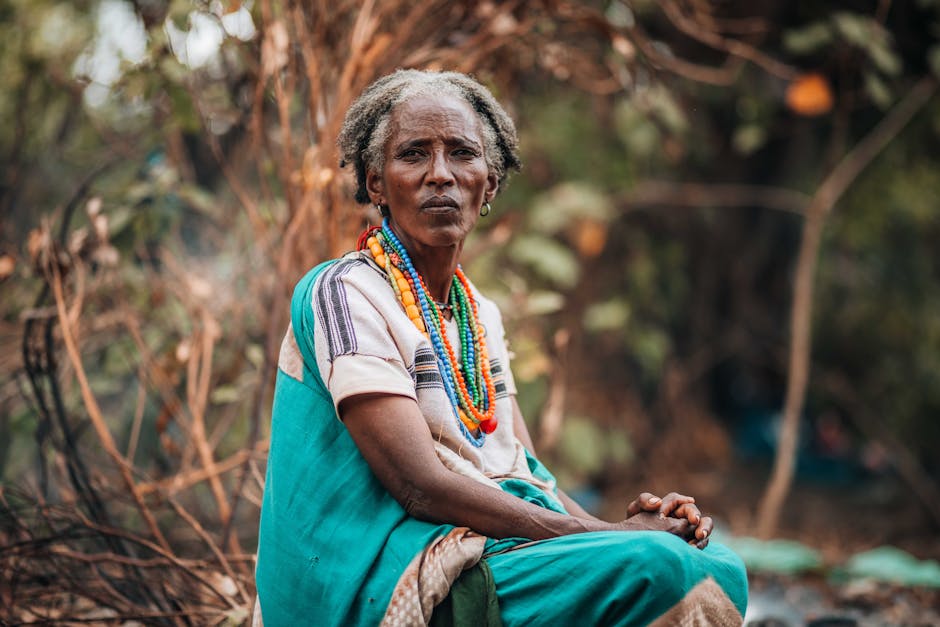
Cross-Cultural Comparisons of Folkloric Traditions and Creation Stories
Understanding Folkloric Traditions and Creation Stories
Folkloric traditions and creation stories serve as foundational narratives that explain the origins of the world, humanity, and cultural values. Across different cultures, these stories offer unique perspectives while also revealing surprising common themes.
Common Themes in Folkloric Creation Stories
Many folkloric traditions include themes such as the emergence of life from chaos, the role of divine beings, and the transformation of the natural environment. For example, the indigenous American narratives often emphasize harmony with nature, whereas African myths frequently highlight ancestor spirits and community cohesion.
Differences in Folkloric Narratives
While many stories share themes, the details and symbolism vary significantly. In Norse mythology, the world is born from the body of a primordial giant, whereas in Hindu tradition, creation involves cosmic sacrifice and rebirth. These differences reflect unique cultural values and environmental influences.
The Importance of Cross-Cultural Studies
By comparing cross-cultural traditions and creation stories, researchers gain insights into human universals and cultural diversity. Such studies reveal how societies interpret their origins and establish their identities through rich storytelling traditions.
Conclusion
Folkloric traditions and creation stories are vital for understanding how different cultures perceive the world. They serve as a bridge to understanding human universals and cultural diversity. Exploring these narratives highlights our shared humanity while respecting individual cultural identities.
